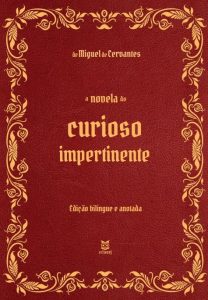Processo Seletivo – Disciplinas Isoladas
O processo seletivo para as disciplinas isoladas é um processo simplificado e exclusivo para candidatos pós graduandos sem vínculo com a UFSC e candidatos que tenham ou não concluído a graduação.
As inscrições devem ser feitas por meio do site https://capg.sistemas.ufsc.br/inscricao/ ao longo do período de 04/08 a 08/08/2025.
A aceitação da inscrição depende da anuência do professor responsável pela disciplina na qual se pretende inscrever e da disponibilidade de vaga.
Os candidatos poderão escolher até 02 disciplinas isoladas por semestre e, quando matriculados, deverão cumprir as mesmas exigências acadêmicas impostas aos alunos regulares.
No ato de inscrição devem ser anexados em PDF, no CAPG, os seguintes documentos:
- Ficha de Inscrição
- Documento com foto, RG e CPF ou, se estrangeiro(a), passaporte
- Diploma de graduação, declaração de matrícula ou histórico escolar
- Currículo gerado na Plataforma Lattes – CNPq
OBS – A análise dos pedidos ocorrerá no primeiro dia útil após o término do prazo de inscrições.







